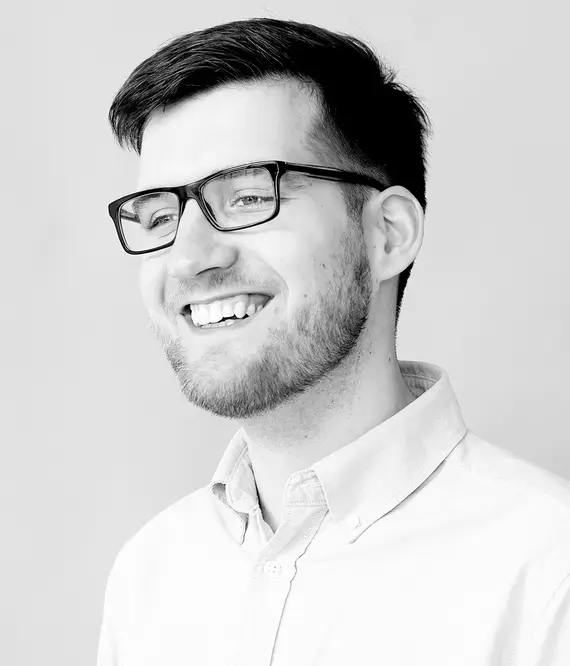RESEARCH STAY ▼
OPERATING ON THE BLEEDING EDGE
AN INTERVIEW WITH CHRISTOPHER KEARNEY l by Madalena dos Reis Gonçalves

:::::::::::::::::::::::::::::::::::::::::::::::::::::::::::::::::::::::::::::::::::::::::::::::::::::
SHORT PROFILE
Name: Christopher Kearney
Field: International Relations/Political Science
Country: Germany
Occupation: Doctoral Fellow at the Bamberg Graduate School of Social Sciences
Research Interests: Critical Security Studies, Security Governance, the Transformation of Security, Insecurity, Theories of International Relations
+GO TO FULL PROFILE
:::::::::::::::::::::::::::::::::::::::::::::::::::::::::::::::::::::::::::::::::::::::::::::::::::::
▐ In the beginning of this year our doctoral fellow Christopher Kearney took the chance to do a research stay in England and work with the researchers that first developed the basis of the theoretical approach of his dissertation project. In an interview, he tells us about the experiences he made during his stay.
// At which university or institution did you spend your research stay? Did you work on a specific project?
C.K. I spent my research stay at the Centre for Ideology and Discourse Analysis at the University of Essex. This stay was a little unusual in that I only stayed for six weeks due to family reasons. That said, I had two principal goals in mind for my stay: First, I wanted to talk about the use of corpus linguistic within the Essex School of discourse analysis, and second, have my methodological and analytical framework scrutinized by the originators of my theoretical approach.
// In which way did the research stay inspire and enrich the work on your dissertation project?
C.K. It was first of all highly encouraging to see other scholars who not only work in my tradition, but operate at the bleeding edge of it. It was as such no accident that I went to Essex; my branch of discourse theory and analysis originated from there.
Seeing that the Centre has a number of PhD students that struggle(d) with similar issues as I was quite the relief; I do not really have any colleagues to talk about such concrete in-depth issues. So being able to stick to “our” jargon was a pleasant change.
The University of Esssex furthermore has a rather formal supervision system that, among other things, involves a so-called “panel meeting” during the spring and autumn term, if memory serves me right. These are relatively long meetings with one’s supervisors in the course of which a submitted paper is discussed and the appropriate steps fleshed out. While it is probably somewhat annoying for everybody involved that a written report on that meeting needs to be submitted to the faculty office afterwards, I was pleasantly surprised with how hands-on and concrete the suggestions for improvements were.
// To what extent was the research stay beneficial for your academic career?
C.K. Compared to most other academic communities, the Essex School of researchers is a relatively small group, and getting into contact with people grappling with the same issues therefore more important than ever. A concrete outcome of my stay was being invited to the centre’s research conference at the end of May 2019.
// How did your research stay benefit you personally?
C.K. I wasn’t really away long enough for this to really make a difference. Plus I had been to the University of Essex before. However, I did come to appreciate my own bed a lot, as my accommodation was not too comfy in that regard.
// Interview: Madalena dos Reis Gonçalves
........................................................................................................................................................
MAIN PAGE | CONTACT | LEGAL | PRIVACY POLICY | DATENSCHUTZ | IMPRESSUM
© Bamberg Graduate School of Social Sciences
Image Credits: © Bamberg Graduate School of Social Sciences